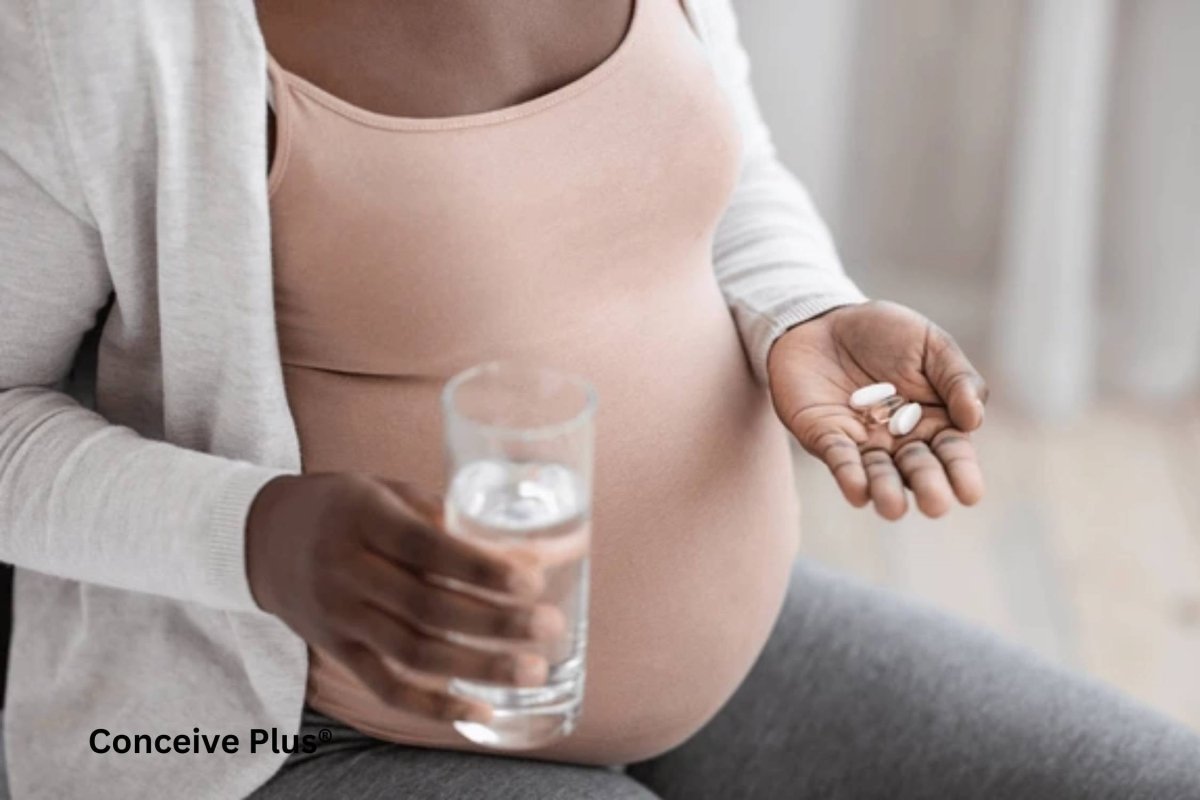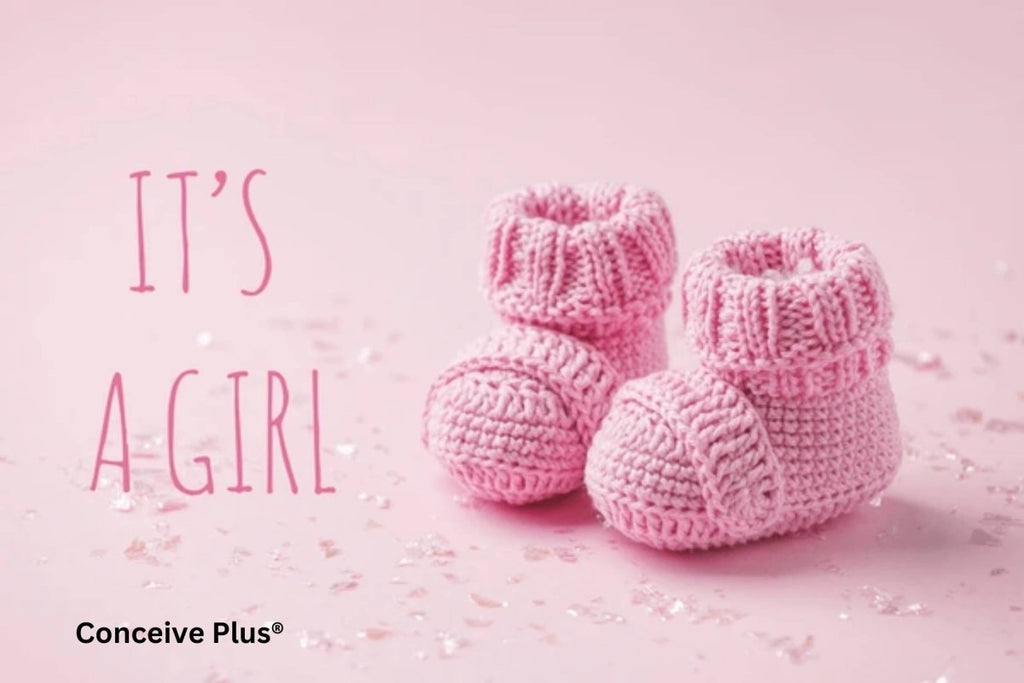Prenatal Complete: Your Essential Pregnancy Support

When you’re expecting a baby, it’s important to ensure that both you and your baby are getting the right nutrients. A balanced diet is a good way to ensure that you are not having nutritional deficiencies that could impact pregnancy health.
However, in addition to a balanced diet, prenatal vitamins are also essential in many cases [1]. A prenatal complete supplement provides vitamins and minerals that an expectant mother requires for the healthy growth and development of the baby.
Why You May Need Complete Prenatal Vitamins?
Complete prenatal vitamins are multivitamin supplements that contain almost all the vitamins and minerals needed for a healthy pregnancy. These vitamins and minerals support the development of fetal body structures and functions and help prevent potential health problems for the mother [1].
There is a common misconception that a balanced diet is enough to meet all the nutritional requirements of the body. While a balanced diet is important, it can leave some nutritional gaps for which healthcare professionals recommend taking prenatal vitamins [2].
Keep in mind that nutritional balance is very important during pregnancy, and a deficiency in key nutrients can pose a fatal threat to both the mother and the baby.
Nutrients In Prenatal Supplements
Some prenatal supplements provide you with a range of vitamins and minerals that your body may need during pregnancy. On the other hand, some brands focus on only the key nutrients that matter the most for the growth and development of the baby and support maternal health.
Here are some of the most important nutrients that you can get from a quality prenatal supplement:
- Folic Acid: Folic acid is one of the most important ingredients in prenatal vitamins. It helps prevent neural tube defects in the baby, which affect the brain and spinal cord [3]. Taking enough folic acid early in pregnancy also supports red blood cell formation and DNA repair.
- Iron: The blood volume increases significantly during pregnancy and iron supports the production and functioning of red blood cells [4]. The deficiency of iron can increase the risk of developing anemia in the mother, which can lead to a range of pregnancy complications. This important role of iron is the reason why you will find it in most prenatal supplements.
- Calcium: Calcium is important for the development of the baby’s bones and teeth. When a mother is deficient in calcium, her body extracts calcium from her bones to support the development of the baby. This can harm the mother's bone strength if she doesn't take enough calcium through diet or supplements.
- Vitamin D: Vitamin D helps the body absorb calcium and promotes healthy bones and teeth. It also supports the immune system, which is especially important when you're pregnant.
- DHA (Docosahexaenoic Acid): DHA is an omega-3 fatty acid that is essential for the development of the baby’s brain and eyes. It also supports healthy cell structure and function and lowers the risk of birth complications and congenital abnormalities [5].
If you find larger pills difficult to swallow, exploring small prenatal vitamins can be a practical solution for ensuring you get the essential nutrients without discomfort.
Conceive Plus Prenatal With DHA
Understanding the nutritional requirements of a mother during pregnancy, Conceive Plus offers a complete prenatal supplement. This supplement, called Prenatal with DHA, provides you with all the essential nutrients that your body will need for a healthy pregnancy. As the name suggests, this supplement contains DHA, which many typical prenatal supplements lack.
Studies show that DHA deficiency is common in pregnant women, and it can severely impact fetal development [5]. Low DHA levels during pregnancy are linked to serious issues, including poor brain and eye development in the baby, which can have long-term effects on their health and well-being.
The Bottom Line
Complete prenatal vitamins are an essential part of a healthy pregnancy for many women. These dietary supplements provide important nutrients like folic acid, iron, calcium, and DHA, which support the health of both the mother and the growing baby.
A healthy diet should be the first step toward supporting the nutritional requirements of the mother during pregnancy. However, one can't overlook the importance of prenatal complete supplements in lowering the risk of nutritional deficiencies and supporting a healthy pregnancy.
Resources Used
- Adams, J. B., Sorenson, J. C., Pollard, E. L., Kirby, J. K., & Audhya, T. (2021). Evidence-Based Recommendations for an Optimal Prenatal supplement for women in the U.S., Part two: Minerals. Nutrients, 13(6), 1849. https://doi.org/10.3390/nu13061849
- Nutrient gaps and how dietary supplements can help fill them | Council for Responsible Nutrition. (n.d.-b). https://www.crnusa.org/access/Nutrient-gaps-and-supplements
- Wald, N. J. (2022). Folic acid and neural tube defects: Discovery, debate and the need for policy change. Journal of Medical Screening, 29(3), 138–146. https://doi.org/10.1177/09691413221102321
- Soma-Pillay, P., Nelson-Piercy, C., Tolppanen, H., & Mebazaa, A. (2016g). Physiological changes in pregnancy. Cardiovascular Journal of South Africa/Cardiovascular Journal of Southern Africa, 27(2), 89–94. https://doi.org/10.5830/cvja-2016-021
- Jiang, Y., Chen, Y., Wei, L., Zhang, H., Zhang, J., Zhou, X., Zhu, S., Du, Y., Su, R., Fang, C., Ding, W., & Feng, L. (2023). DHA supplementation and pregnancy complications. Journal of Translational Medicine, 21(1). https://doi.org/10.1186/s12967-023-04239-8















